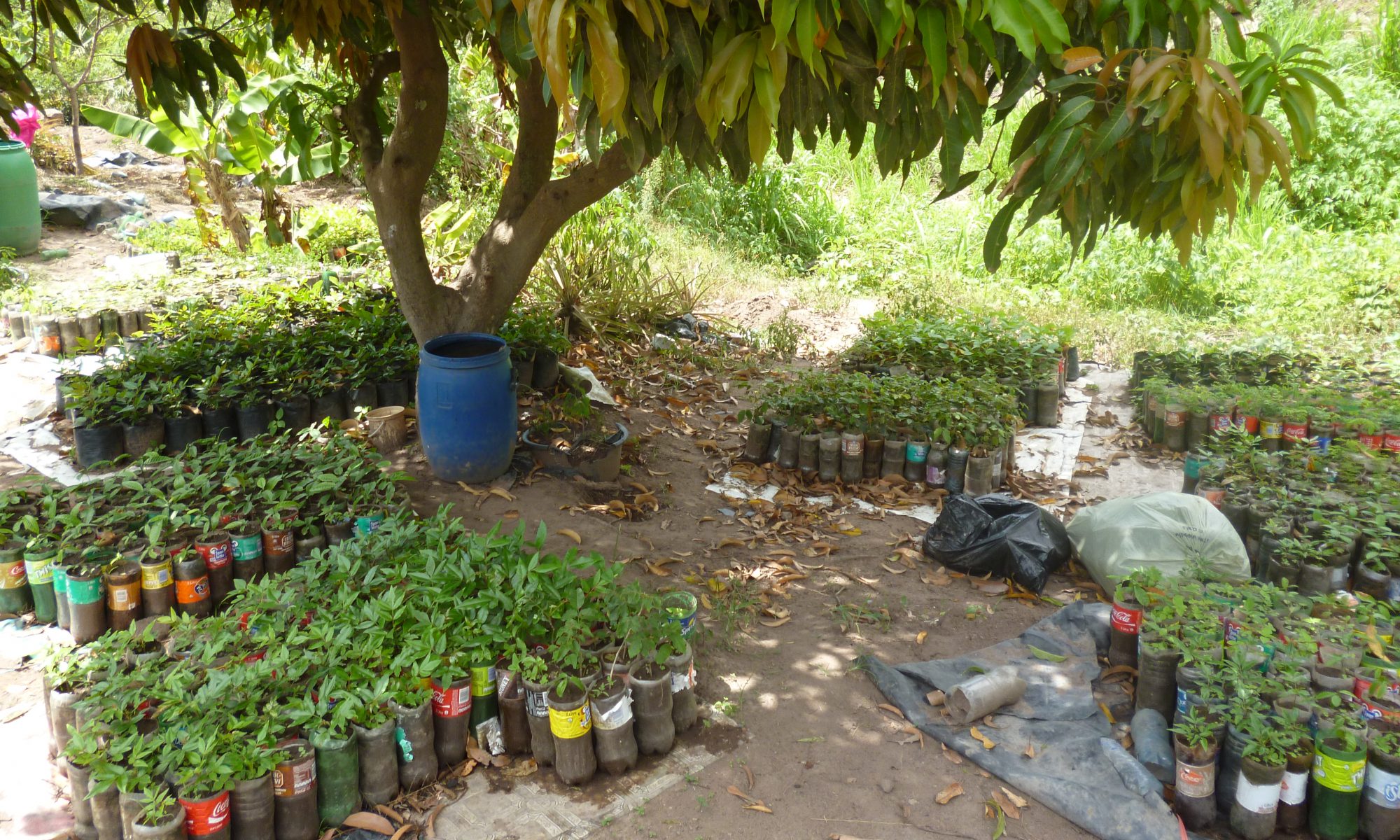Former SARChI post-doctoral fellow and current Housing Lecturer within the School of Built Environment and Development Studies, Dr Sithembiso Myeni, published an article in the Journal of Public Administration (SA) based on a conference paper he had presented at South African Association of Public Administration and Management (SAAPAM) in April 2015.

Below is the abstract to the article:
Abstract
South Africa is facing a backlog with regard to housing provision in both rural and urban areas, even though, over the last two decades, the housing programme has produced large numbers of housing units, which have changed the country’s landscape. This article is an ongoing effort to make sense of the continued increase in social protests around service delivery and access to free houses. It focuses on the role and importance of private sector players in housing development under the neo-liberal rationality of rule, and seeks to interrogate how the growing privatisation of the public sector is causing serious problems for administrative accountability. The article further develops an interpretation of how the implementation of the New Public Management (NPM) approach, evident in housing development, contributes to problems of unethical governance and despotism. It is argued that the analytical perspective of institutional assemblage is a useful way of understanding the role of private sector players and un(ethical) governance in housing development. This perspective illuminates two paradoxes that characterise governance arrangements of housing development: while we have a clear rule of law for traditional administration, we have information asymmetries that make it hard to enforce that law; and while we have a rule of law for much administration, problems in enforcing it undermine accountability. The article draws on two main sources. First, it draws on official discourses on governance and housing development, complemented by secondary literature on housing policy and local governance. Second, interviews with informants (housing beneficiaries, state administration and private sector representatives) in housing development were conducted in KwaZulu-Natal. The issue of understanding how to build effective new layers of accountability, supported by an effective rule of law, is discussed.
